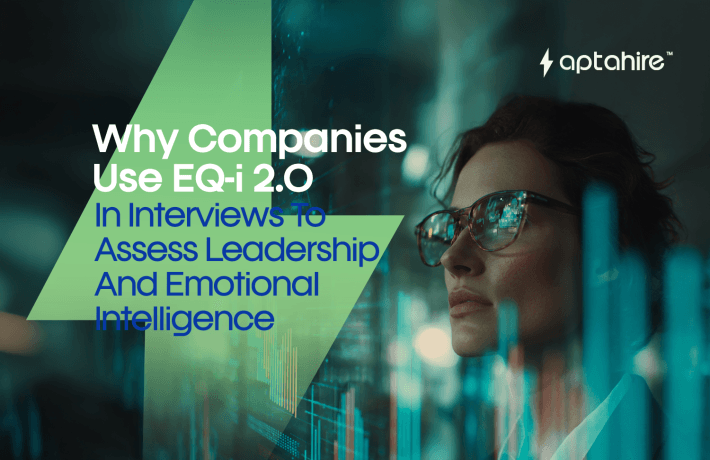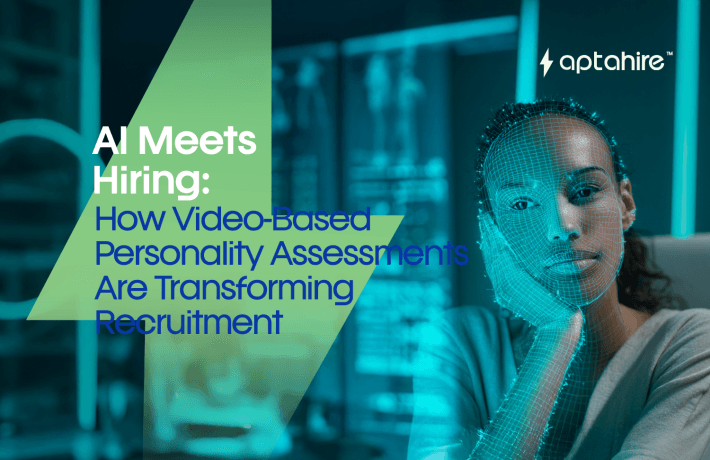Ethical Concerns in AI-Based Hiring Processes

Ethical Concerns in AI-Based Hiring Processes
Hey there! Let’s talk about a topic that’s becoming increasingly important in today’s job market: ethical concerns in AI-based hiring processes. With the rise of technology, many companies are turning to artificial intelligence (AI) to streamline their recruitment. But, as with any innovation, it’s essential to be aware of the potential pitfalls.
The Allure of AI in Recruitment
Imagine sifting through thousands of resumes manually, time-consuming, right? AI promises to ease this burden by quickly analyzing applications, identifying suitable candidates, and even conducting initial assessments. In fact, a study revealed that 79% of organizations utilize AI to enhance efficiency and accuracy in their hiring processes.
Bias in AI Recruitment: A Double-Edged Sword
While AI can process vast amounts of data without fatigue, it’s not immune to biases. Since these systems learn from historical data, they can inadvertently perpetuate existing prejudices. For instance, if past hiring practices favored a particular gender or ethnicity, the AI might continue this trend. A notable example is Amazon’s AI recruiting tool, which was found to be biased against women and subsequently discontinued.
Fair Hiring Practices: Striving for Balance
To ensure fairness, it’s crucial to combine AI efficiency with human judgment. Relying solely on AI can lead to poor hiring choices, as human insight is essential for assessing candidates’ actual skills, authenticity, and alignment with the organization’s values.
AI and Diversity: A Work in Progress
Diversity in the workplace fosters creativity and innovation. However, if AI systems are trained on homogeneous data, they might overlook diverse talent pools. Ensuring that AI tools are developed and trained on diverse datasets is vital to promote inclusivity. Regular audits of AI systems can help identify and mitigate potential biases, ensuring that the technology supports a diverse and dynamic workforce.
The Role of Regulation in Ethical AI Hiring
Governments and regulatory bodies are beginning to recognize the challenges of AI-based hiring and are working on guidelines to promote fairness. For example, the European Union’s AI Act categorizes hiring algorithms as “high-risk” systems, meaning they must comply with strict transparency and accountability measures. Meanwhile, in the U.S., states like Illinois and New York have implemented laws requiring employers to audit AI-driven hiring tools for bias. These regulations are crucial in preventing discrimination and ensuring ethical AI usage.
How Job Seekers Can Protect Themselves
As AI plays a bigger role in hiring, job seekers should also be aware of how they are evaluated. Here are some tips to navigate AI-based recruitment:
- Optimize your resume for AI – Use keywords from job descriptions to increase your chances of passing automated screenings.
- Research employer hiring practices – Check if companies disclose their use of AI in hiring and if they have ethical guidelines in place.
- Seek human interaction – If you suspect AI is filtering applications unfairly, try to directly connect with recruiters via LinkedIn or networking events.
Moving Forward: Ethical AI Implementation
As we integrate AI into hiring, transparency is key. Candidates should be informed when AI is part of the recruitment process, and there should be avenues for feedback. Moreover, organizations must regularly audit their AI systems to ensure compliance with ethical standards and legal requirements. Balancing AI and human judgment in hiring decisions is essential to mitigate risks and establish clear ethical guidelines.
Aptahire: The Ethical AI Solution for Fair and Unbiased Hiring
Aptahire is designed to revolutionize AI-driven hiring by ensuring fair, unbiased, and ethical recruitment. Unlike traditional AI hiring tools that may inadvertently carry over biases from historical data, Aptahire is built on a transparent and continuously audited framework that eliminates discrimination based on gender, ethnicity, age, or any other classification.
Its advanced machine learning algorithms assess candidates purely on their skills, experience, and qualifications, ensuring an equal opportunity for all. By integrating explainable AI (XAI) and human oversight, Aptahire not only streamlines hiring but also fosters diversity and inclusivity, making it a reliable and ethical choice for modern recruitment.
Final Thoughts
AI in recruitment isn’t inherently bad, it has the potential to make hiring more efficient, data-driven, and even fairer. But without proper safeguards, it can also reinforce biases and create unintended ethical challenges. By combining technology with human oversight, diverse data training, and transparent policies, we can create a hiring process that is both innovative and ethical.
Would you trust an AI to determine your next job opportunity? Let’s discuss in the comments!
FAQs
- What are the ethical implications of AI in the hiring process?
AI can improve efficiency but may also introduce bias, lack transparency, and raise privacy concerns, affecting fair hiring practices.
- What are the issues with AI in the hiring process?
AI may unintentionally favor certain demographics, misinterpret human traits, lack accountability, and reduce human judgment in decision-making.
- What are the main ethical concerns related to AI systems?
Bias, discrimination, lack of transparency, data privacy risks, and potential job displacement are key ethical concerns.
- What are the ethical implications of AI in employment?
AI can streamline hiring but may lead to unfair hiring practices, job automation fears, and challenges in ensuring equal opportunities.
- What is the bias of AI in hiring?
AI can inherit biases from training data, leading to unfair exclusion or preference for certain candidates based on gender, race, or other factors.
- What are the ethics of AI in HR?
Ethical AI in HR requires fairness, transparency, data privacy, accountability, and human oversight to ensure equitable hiring and employment decisions.



